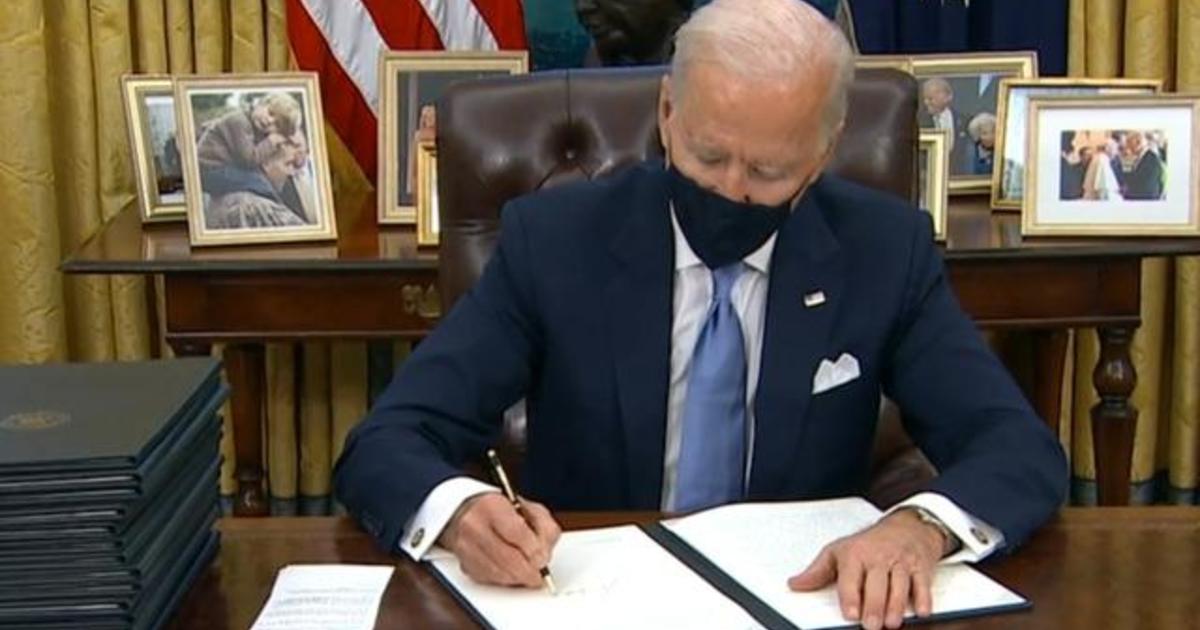In a flurry of activity yesterday, President Joe Biden issued a series of federal decrees targeting a range of domestic issues. The measures, which address everything from environmental regulations to economic stimulus, mark a significant shift in the President's governing style and are likely to spark debate in the coming weeks.
One of the most consequential decrees focuses on environmental protection. The President mandated stricter emissions standards for new automobiles, a move lauded by environmental groups but criticized by some automakers who warn of potential job losses. Additionally, the decree establishes new protections for endangered species and allocates increased funding for national parks and wildlife refuges.
Economic revitalization was another key theme. A separate decree outlines a series of tax breaks for small businesses and entrepreneurs. The President hopes these incentives will spur innovation and job creation, particularly in hard-hit rural areas. The package also includes measures aimed at streamlining regulations for new businesses, a move designed to ease the burden on aspiring entrepreneurs.
Education reform also figured prominently in the President's pronouncements. One decree mandates increased federal funding for early childhood education programs, a policy long championed by the President. Additionally, the decree calls for a review of standardized testing practices in K-12 education, with an eye towards reducing student stress and fostering a more creative learning environment.
The President also used the decrees to address social welfare concerns. One measure expands access to affordable healthcare by increasing subsidies for low-income families. Additionally, the decree strengthens protections for whistleblowers who report instances of fraud or abuse in government programs.
The President's actions were met with mixed reactions. Supporters hailed the decrees as a bold step forward, praising the President's commitment to tackling pressing issues. "These decrees represent a comprehensive approach to the challenges facing our nation," remarked a spokesperson for a progressive advocacy group. "The President is showing real leadership by taking decisive action."
Critics, however, expressed concerns about the potential impact of the decrees. Some lawmakers argued that the President was overstepping his authority by bypassing the legislative process. Business leaders also voiced reservations about the potential economic consequences of some of the measures. "While we support the President's focus on job creation, we urge caution regarding policies that could stifle economic growth," cautioned a representative from a major manufacturing association.
The coming weeks will likely see intense scrutiny of the President's decrees. Legal challenges are expected, and lawmakers are sure to debate the merits of each measure. The President's bold use of executive authority has undoubtedly set the stage for a period of heightened political activity.

